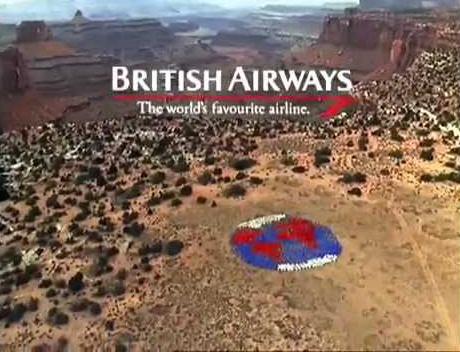British Airways should cut the snacks and with it the air fares
The airline must be applauded for dropping pointless snacks that the passenger doesn't appreciate: if BA loses its nuts it can drop its prices

One day, perhaps not too long from now, you will be able to eavesdrop on editorial conferences at The Independent. You will witness how an idea is turned from a scattering of raw thoughts into (we hope) a polished article. Or, sometimes, turned on its head.
Indulge me for a moment to reveal the exchange that preceded this particular story. It was triggered by a revival of interest in a tale The Independent broke in May: British Airways talking to an upmarket supermarket (then Waitrose, now M&S) about selling good-quality food on board European flights. The story was well founded: there will soon be no more free snacks for economy passengers.
Editor: “I thought ‘the rise and fall of BA’ might work – a look at the history of the carrier, and how it went from elite national airline to basically a budget carrier a la easyJet.”
Travel correspondent: “I'm happy to write about how British Airways is changing, but it won’t be what you are looking for. I contend that BA short haul is turning itself into easyJet because it needs to, just as the long-haul part of the airline needed to turn itself into Virgin Atlantic. And it’s ultimately to the benefit of the British traveller.”
Now you have the gist of the story, let me make my case.
“Legacy” airlines such as British Airways, Air France and Lufthansa spend too much, relative to what they earn. Their high costs are a result of systems and practices that were established in the glory days (at least in the eyes of some of their older employees) when flying was the glamorous preserve of the wealthy. With high fares and minimal competition, they could afford to provide elaborate meals even in economy class.
Once the skies were opened, new airlines started up with none of the excess baggage dragging down the established carriers. The UK was ahead of the rest of Europe in allowing competition. Fares fell, standards rose and the range of routes increased. After a false start involving Laker Airways (whose demise BA was accused of hastening), a music entrepreneur named Richard Branson decided to launch his own transatlantic airline, Virgin Atlantic.
The start-up cherry-picked the most popular US destinations, beginning with New York in 1984. Los Angeles and Miami soon followed, with the Caribbean, Asia and Africa later joining the network. With its Upper Class cabin, Virgin offered first-class standards at business fares, and then added an innovative new Mid Class (later Premium Economy).
British Airways was forced to respond. In the early days, BA resorted to the notorious “dirty tricks” campaign, hacking into Virgin’s reservations data in a bid to poach passengers. After that dark episode ended, the airline simply resolved to be better.
As a result of facing a tenacious rival for three decades, BA is well-placed to compete with the ferocious competition to Asia provided by the Gulf carriers, and to North America by the resurgent US airlines. Its long-haul operation is a premium brand, commanding higher fares than rivals - even though the average 747 flown by the airline is 20 years old.
British Airways also has the benefit of the majority of slots at Heathrow, the world’s most constrained airport, which would enable its long-haul network to prosper even if inflight standards were lower. But against that advantage must be weighed the threat posed to BA's short-haul network by Europe’s two budget heavyweights, Ryanair and easyJet.
In an intensely price-sensitive market, BA seeks a premium for its “Euro Traveller” inflight product. It promises: “A snack and a bar service, and on some longer flights you’ll be offered more substantial refreshments.”
In practice, that means you and I subsidise the excessive drinking of our next-door neighbour who demands a couple of G&Ts at breakfast time, while unfortunate cabin crew are obliged to hand out microscopic “snack packs” or unappetising sandwiches that they wouldn’t dream of serving to guests at home. Through their air fares, BA passengers are involuntarily paying for stuff they don’t want and that the crew would rather not offer them.
Across at easyJet, meanwhile, inflight catering is a revenue stream rather than a cost. Cabin crew sell handsomely profitable mezze packs (£4.50) and pots of couscous and lentil (£2.80). Not tempted? Bring your own on board from Pret a Manger. Or see if you can survive for a couple of hours without eating, and then splash out on a decent dinner in Nice, Barcelona or Amsterdam.
British Airways is just one component of IAG; the holding company also owns Aer Lingus, Iberia or Vueling. On short-haul flights on those three carriers, economy passengers pay to eat and drink, just as you do in real life at ground level.
To compete against easyJet on European routes, BA must simultaneoously cut the crap wrap, and air fares. The opportunity to pay for decent dishes can’t come soon enough.
One day, perhaps not too long from now, we will wonder what took the airline so long.
Subscribe to Independent Premium to bookmark this article
Want to bookmark your favourite articles and stories to read or reference later? Start your Independent Premium subscription today.

Join our commenting forum
Join thought-provoking conversations, follow other Independent readers and see their replies